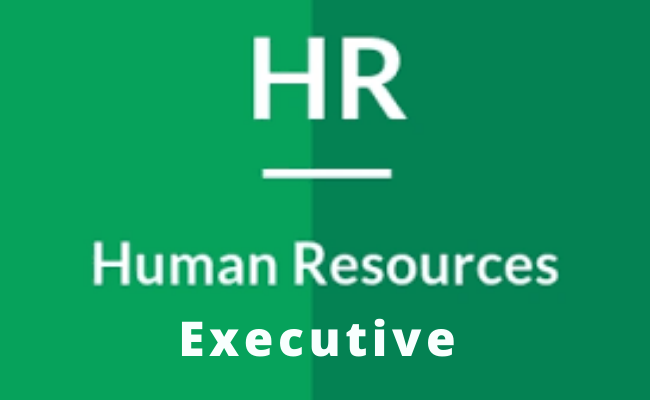
The field of human resources is very broad. In the recent years, the horizons have extended further as more and more tasks and activities come under the scope of a human resource manager. These functions can be broadly classified into 2 categories: tasks for transaction and tasks for transformation.
The roles for transaction include the management of the human resources both within the company as well as outside it, the entire list of the various operations required for human resource management and the portfolio of managing shared services.
As you can guess, all of these tasks and operations are such that they can be performed by any person regardless of their degree and educational qualifications. All they require is a little amount of knowledge about the functioning of the human resource system and knowing the legal boundaries for their actions.
The roles for transformation are more specific for each company and require certain skills from the candidates. These roles include the ability to influence employees for the betterment of the company, the ability to oversee that an employee is being mentored and trained properly, the ability to handle change in an organization, and other abilities like managing return on investments (ROI), etc.
As you can understand, each of these abilities is driven by various concepts and require proper execution of different skills. Most of these skills should be first learnt through a proper program with a well-devised structure and then the capability to pull these roles off in real life come through a combination of continuous application and practice.
There are various people in the world who gain these capabilities slowly and steadily by holding several positions in management over their lives despite not having any specialized degree in management. The truth is that though these people may have the knowledge of exactly what needs to be done and how it should be done, they are not always aware of all the nuances and thought behind it.
The reality all over the world, as most of us can witness, is that there are various professionals in the field of Human resource management who do not have a MBA degree. So there is no reason why you cannot be a human resource manager without a degree.
Also, there is an even greater majority of human resource managers who do not have a degree specializing in their task of managing human resources and still enjoy a lot of success in their field. This is because a generalized MBA degree has a scope which is a lot broader than the scope of a MBA degree specialized in HRM.
Someone can be a very good, competent and successful HR executive or manager without a specialized MBA degree or without a MBA degree at all. However, if one aims to be successful and have a career graph with an upward curve in the field, having a specialized degree in human resource management (not necessarily an MBA degree) is crucial for those prospects to materialize in the real world.
